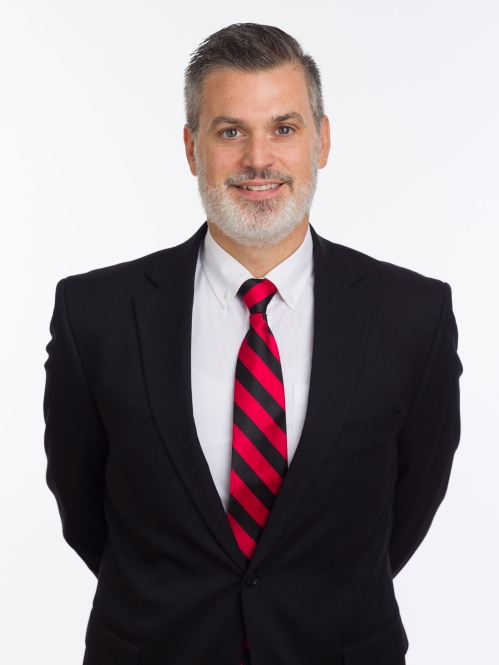Dr. Peter Economou

Bio
Peter J. Economou Ph.D., ABPP is an assistant professor for the department of applied psychology, and the director of behavioral health and wellness for Rutgers University Athletics. Dr. Pete was trained in counseling psychology, is board certified in Cognitive and Behavioral Therapy (CBT) specializing in evidence-based and multicultural clinical interventions and is a certified mental performance consultant (CMPC) through the Association of Applied Sport Psychology (AASP). Dr. Pete is licensed to practice psychology and his research ranges several areas including multicultural psychology, third wave CBT, and within domains of sport and performance psychology including concussion and meditation. He is an active member of state and national psychology associations, serves on the editorial board of the Journal of Clinical Sports Psychology since 2014, and is a contributor to media outlets and social media. He is also a Zen Buddhism teacher after studying at the Morning Star Zendo with Robert Kennedy, Roshi for several years, which informs his mindfulness-based practices.
Publication(s)
BOOKS:
Economou, P. (2021). Meditation journal for anxiety: Daily meditations, prompts, and practices for finding calm. Rockridge Press. Emeryville, CA. ISBN: 978-1-648769757.
Economou, P. (2021). Mindfulness working for beginners: Exercises and meditations to relieve stress, find joy, and cultivate gratitude. Rockridge Press. Emeryville, CA. ISBN:978-1648766121.
ARTICLES:
Economou, P. & Gamble, A. (2024). Navigating an intercollegiate athletes’ transition related to Name, Image, and Likeness (NIL) Interim Policy. Journal of Sport Psychology in Action. Special Edition. https://doi.org/10.1080/21520704.2024.2348153
Spiro, C. & Economou, P. (2022). The future of psychotherapy for youth. Advanced Journal of Social Science. Volume 11, Issue 1, pp.52-62. ISSN: 2581-3358. DOI: https://doi.org/10.21467/ajss.11.1.52-62.
Economou, Peter & Glascock, Tori & Gamble, Alexander. (2022). Black Student-Athletes and racism pandemic: Building antiracist practices in athletics. Journal of Applied Sport Psychology. 1-18. 10.1080/10413200.2022.2040650.
MEDIA:
NBC LX “Suicides in Female Student-Athletes” April 2022 with Tabitha Lipkin
FOX5-NYC, Has COVID aged us?” aired February 2022 with Dana Arschin.
